The Wild Family Saga
Russian trail running sparks a new tradition with wild and reckless mountain races and gloriously dirty outdoor festivals.
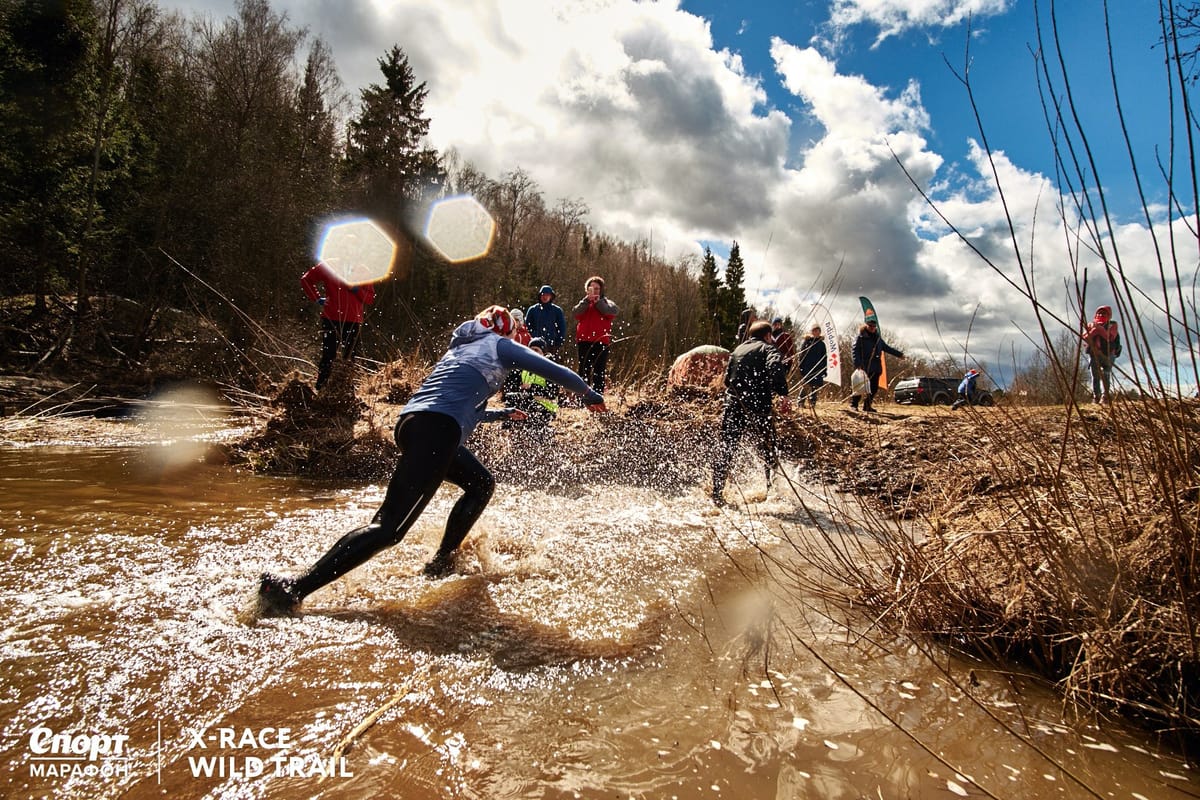
It was a Friday night in early August, and Anton Zhilin felt as if he was in a video game come live. He stood in the middle of a clearing in Russia’s Kaluga Region. Around him, tents and arches were rising. Hell, an entire city was being erected! People were running about their tasks, determined looks on their faces. The route marking team was marching through the woods, hanging red and white ribbons. Trucks were distributing ammunition for local bases: water, and food in the form of oranges, bananas, chips, chocolate, salami, and pickles. Zhilin knew about each and every activity happening in the radius of 100 km. This was surreal.
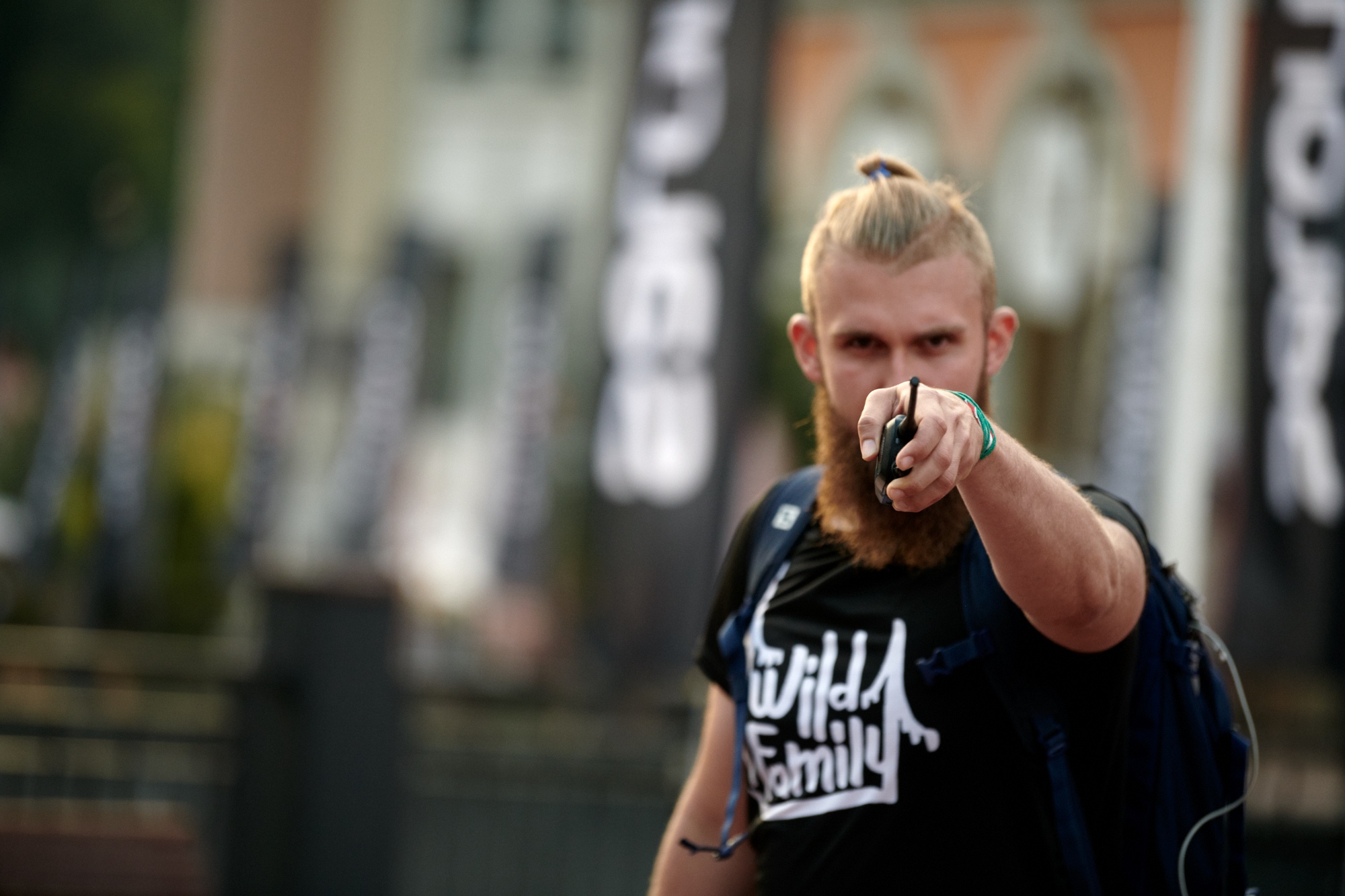
Anton Zhilin is the director and founder of the Wild Family, a team of trail race organizers. The Wild Family has 16 races in their portfolio, and for 2021 they are planning six to seven more. This is a story about how the Family has outgrown their own expectations, and, if you like, a manual for other race organizers wishing to do the same.
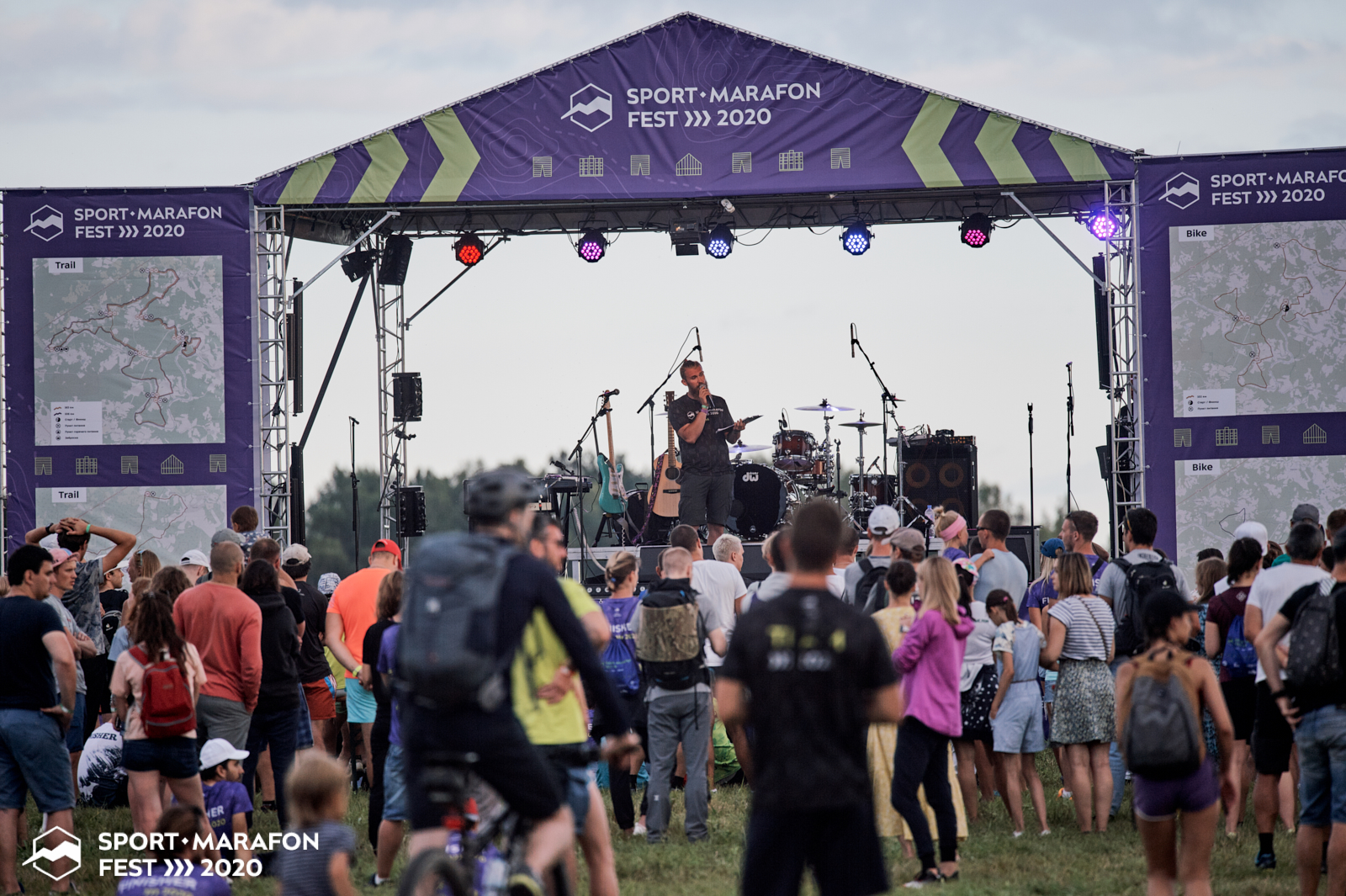
The landscape of trail running in Russia is still taking shape.
The landscape of trail running in Russia is still taking shape. But no one is surprised anymore if you mention you run off road. Trail running took off in the early 2010s. For the first five years, it was neither centralized nor regulated, but January 2021 saw the Third Trail Running Forum. There is also a smaller Siberian Forum of Trail Running and Skyrunning. The Russian Trail-Running Association (RTRA) has been in existence for a couple of years already. These might be nascent administrative formations for now, but they are de rigueur and a necessary stage in the development of any sport. RTRA, for instance, has successfully lobbied to include Trail Running into the Ministry of Sports’s register.
Just like any other market, however small, Russian trail running has its major providers and niches. Running Heroes Russia is one of the earliest and most famous groups. They organize a number of events, including two cult ultra races: the Golden Ring Ultra Trail, a.k.a. GRUT, and the winter season Mad Fox Ultra, calling out to those who look to overcome themselves. Then you have Alpindustria, the largest outdoor stores chain in Russia, with the Elbrus Race, to be co-organized with Adidas this year. Its longest distance, Elbrus World Race, 170km (100 miles), is one of the circum-mountain routes like Ultra-Trail du Mont-Blanc, Ultra Tour Monte Rosa, or the Ultra-Trail Mt. Fuji. Crimea X-Run Crew, the group who held an exceptionally well-executed multi-stage race in Crimea, planned a similar event in Armenia (canceled due to the pandemic), and are now staging Arkhyz X Run in the Karachay-Cherkess Republic (that's Russia, too). The TransUral, the fourth race organizing group, offers expedition-style races in remote places beyond standard tourist routes.
The Wild Family fits well within the landscape. Their selling points? "Beautiful places, a certain degree of recklessness, and good food," Zhilin muses, grinning and stretching. We are talking on Zoom. It is late where he is, and even later where I am. Zhilin is wearing a pink hair tie, which he had probably stolen from his girlfriend, and tells stories.
it's a "wild and gloriously dirty" race
My personal relationship with the Wild Family began in 2017, with the X-Race Wild Trail, the first edition of their flagship race near Moscow. X-Race is the extravaganza of deep woods, steep gullies, dramatic fields, river crossings, and clay trails. It was in April then, and the weather was volatile, erring on the side of vile: strong wind, rain turning into snow turning into hale. The first river crossing was knee-deep, the second waist-deep, the clay wet and slippery for a couple of hazardous kilometers. To me, that was it: they had me, I was in their thrall. And for the Wild Family, that was Chapter One. Things would get much, much more serious than a wild and gloriously dirty, but still small-scale race in the Moscow region.
"How did it all begin?'' I ask. Zhilin takes a sip of tea and explains. The Soviet Union had a strong athletic tradition. There was everything: camping trips, stories and novels, a powerful mountaineering tradition, a compass in every house. The commuter train out of Moscow was loaded on weekends, as everybody wanted to get out into the great outdoors. And then the system broke down. In the nineties, people were mostly interested in survival. After the collapse of the Soviet Union whoever could go abroad did so—another stake into domestic tourism's heart. Then, in the 2000s, the measure of success became comfort: a dream holiday would include a 5-star hotel and a warm beach, not camping. Finally, in the 2010s, it all started to come back. People in big cities reached the stage of self-actualization, and a 5-star hotel would not cut it anymore. You needed to feel you've done something remarkable, gone somewhere extraordinary.
The running movement began and was gaining momentum quickly, like a good runner racing downhill. It is difficult for me to wrap my head around the fact that the Moscow Marathon, a permanent fixture in our calendars now (you either run it, run a half, think about running it, or know someone who has signed up), first took place as late as 2013. Then there was a "Razbudi rajon" ("wake up your district") initiative by Adidas in 2015. It even had its theme song! There were other projects, and the general feeling of running as something new and exciting. The streets, parks, and stadiums were slowly filling up with runners.
Zhilin, an adept of orienteering, started transitioning to trail running in early 2016. And then a couple of factors dovetailed: he did not particularly enjoy road running, was unimpressed by trail races he had taken part in, and he knew the woods around Moscow intimately. So he talked a group of friends into organizing a race, which would be a combination of a tournament, a party, and exploration of the woods. And it just worked.
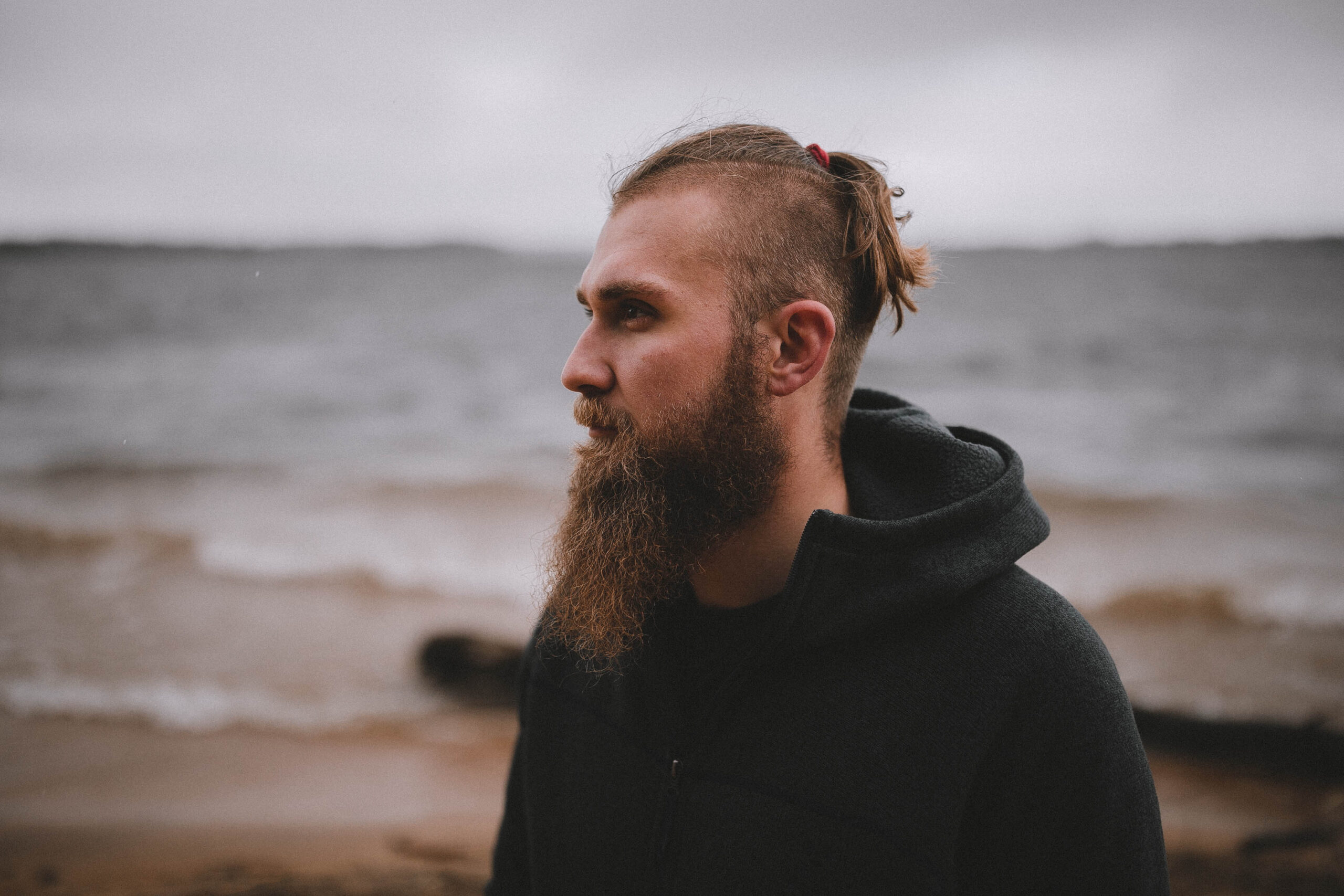
"We grow organically... And the fertilizer is our sick imagination."
The Wild Family's developmental logic is imperial: the empire only survives if it constantly expands. In 2017, there was only the X-Race Wild Trail. In 2018, they added Nikola-Lenivets Winter Wild Trail, Sport-Marafon Trail, and Astashovo Terem Trail, and 2019 exploded with three more races, bringing the total to six a year. Their ventures remind of Latin American enterprising. They tend to begin with "Why not..?", and then spiral wildly out of control. Zhilin says, "We grow organically... And the fertilizer is our sick imagination."
Nikola-Lenivets, the location for the Family's second race in 2018, is an impressive and dreamlike place. It is an outdoor art museum, situated in the Ugra National Park, large enough to stage a 42km race. There are gigantic installations with intriguing names like Universal Mind or Brodsky Rotunda. The race was to be held in winter to bring more activity to the park in the cold season.
The day before the race, the team felt positive that it would all go well. Scouts ran the 42km (26 miles) course with the pace of 5min/km (8min/mile), the trails were firm, the surface hard underfoot. Then, snow started falling at 9pm. It kept falling, heavy, powdery (and indifferent to runners) throughout the night. The team spent the night looking for a tractor to clean snow, so that the buses with participants could arrive. Tractors ended up going right in front of the buses. The race leaders took 7 hours to cover the marathon distance. Maria Nazarova, Master of Sport in Mountaineering (Skyrunning), and winner of multiple races, cursed incessantly at every checkpoint. Only 14% of the registered participants finished the 42km (to be fair, many more conquered the 21 and 11 km distances). But the next year the race only gained in popularity.
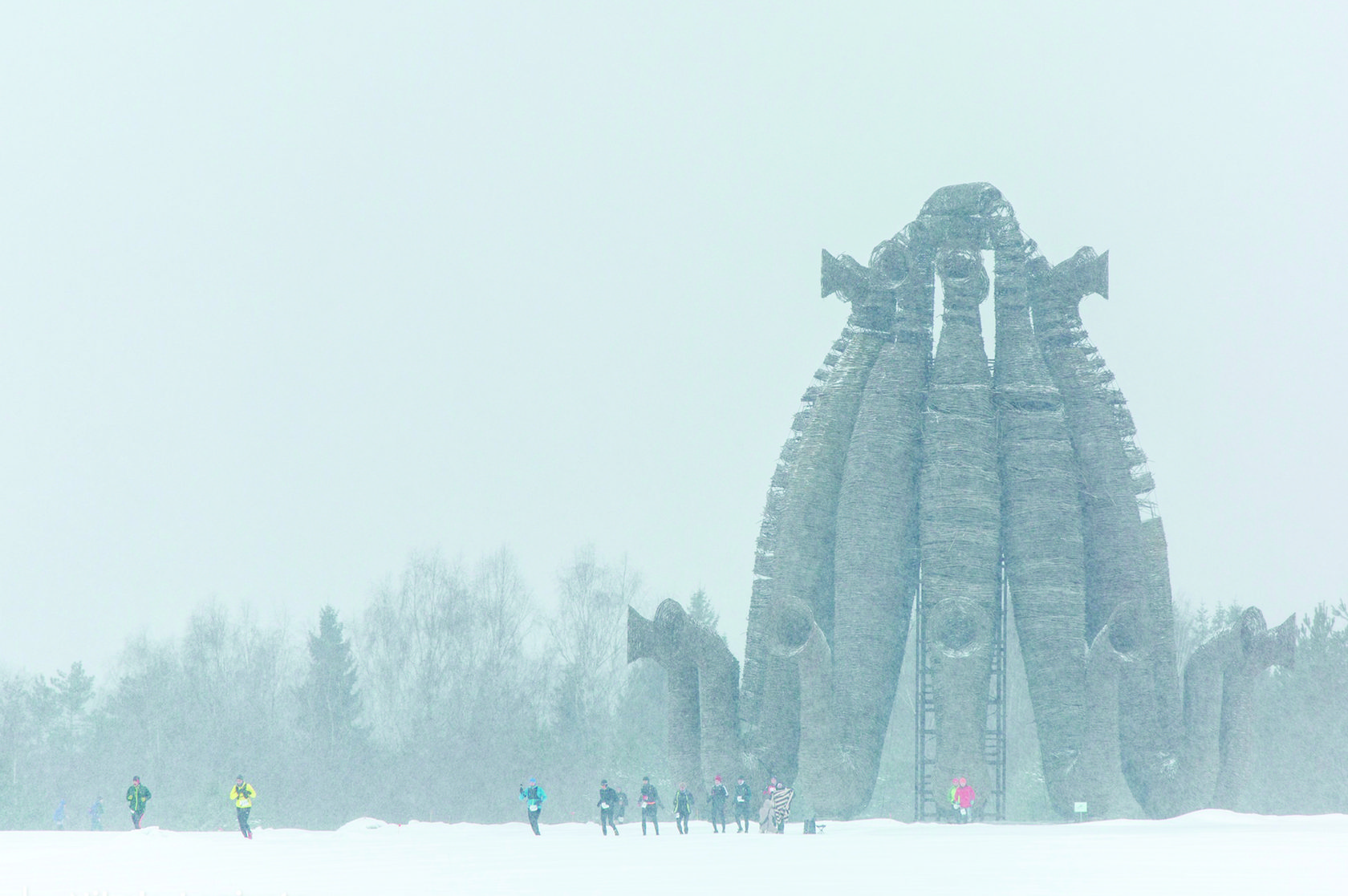
Incidentally, this seems to be the rite of passage for a Russian winter race. Mad Fox, The Running Heroes Russia’s second flagship race, went through the same in early 2019. The next winter, they called the race Mad Fox: Revenge, and the DNF participants came back to claim their finish. It's all in the comeback!
2019 was the year when the Wild Family threw their remnants of caution and reason to the wind. They kept the flagship X-Race Wild Trail, the new Nikola-Lenivets Winter Wild Trail (along with the Sport-Marafon Fest as its summer edition, in collaboration with Sport-Marafon, the famed Russian outdoors store), but also added three new out-of-Moscow mountain races: in Dagestan, Abkhazia, and Sochi.
"Dagestan..?" Zhilin asked, baffled. "Oh, yes", responded his friend. "A beautiful place!" And then they looked at the pictures. You hear "Dagestan", and imagine yourself being kidnapped if you are a woman or beaten up if you are a man. And then you look at the images and... "Huh... Let's go and see!", said Zhilin, and off they went. Dagestan is a Russian republic on the Caspian Sea. It is heterogeneous, multi-lingual, and boasts technocratic leadership which supports tourism.
You land in Makhachkala, drive through the gate out to the mountains, and then get to see things like the abandoned aul (meaning "settlement") Gamsutl, which is between two and six thousand years old. It is predominantly Muslim now, but it has seen Zoroastrianism and Christianity. The mountains feel ancient, and they are. I found two 75 million-year-old sea urchin fossils at the altitude of 2000 m, a common occurrence here. You try the wine. You eat chudu, a thin pie with various stuffings, subtle and divine (you must try it to understand my gushing!). So, the Wild Family gave in to the temptation and organized a race there.
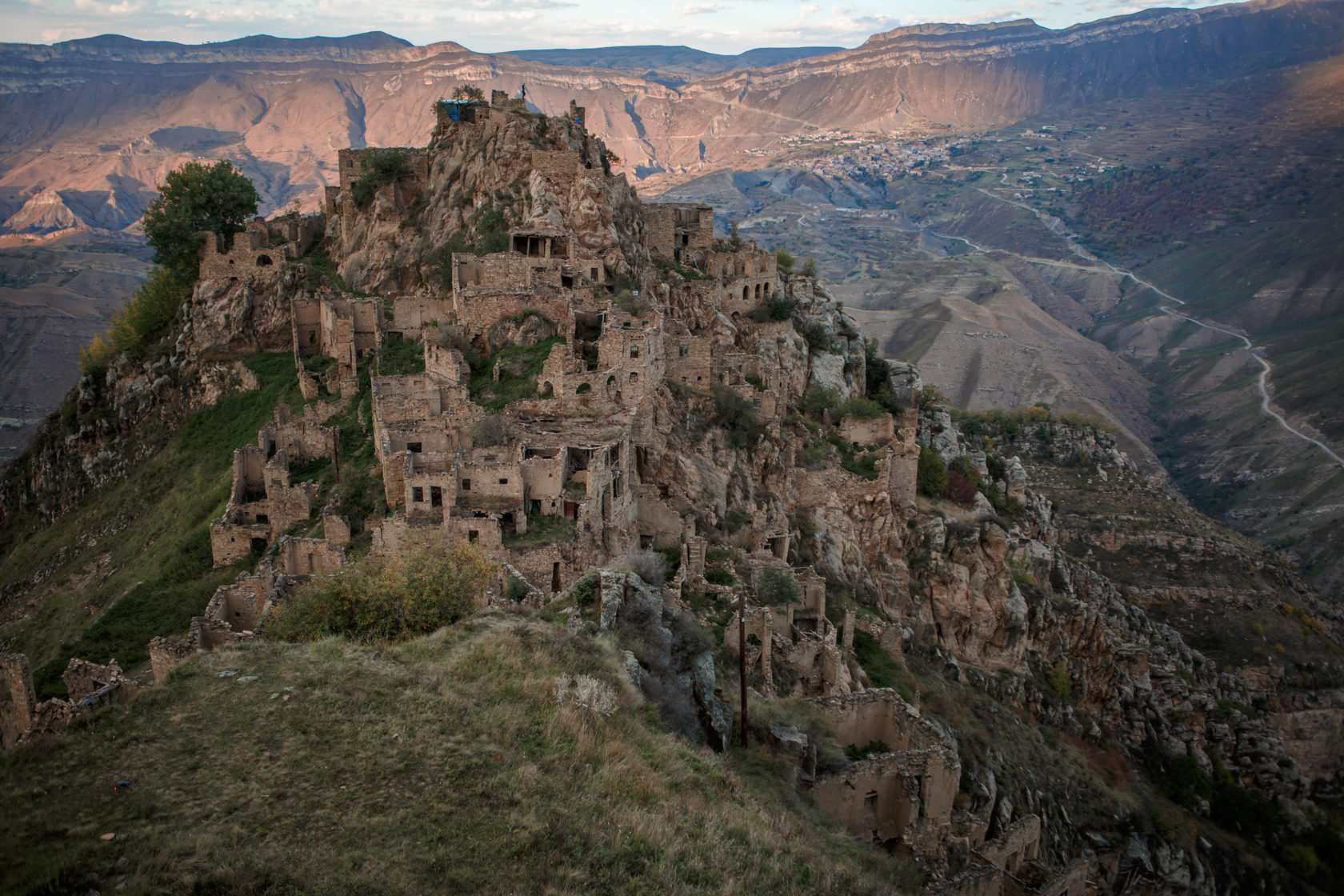
The Dagestan Wild Trail was a breakthrough. The participants had no idea what to expect, but they came anyways, and Dagestan blew their minds. The route was staggeringly beautiful: the aforementioned aul Gamsult, technical trails, woods, mountain ridges and gorges. The winners were awarded burkas—warm, waterproof coats made of karakul (local sheep wool), which are treated like mobile homes by the highlanders. For the Wild Family, this was the point when they became uniquely recognizable and a power to reckon with. "We were now us, and we were different", says Zhilin.
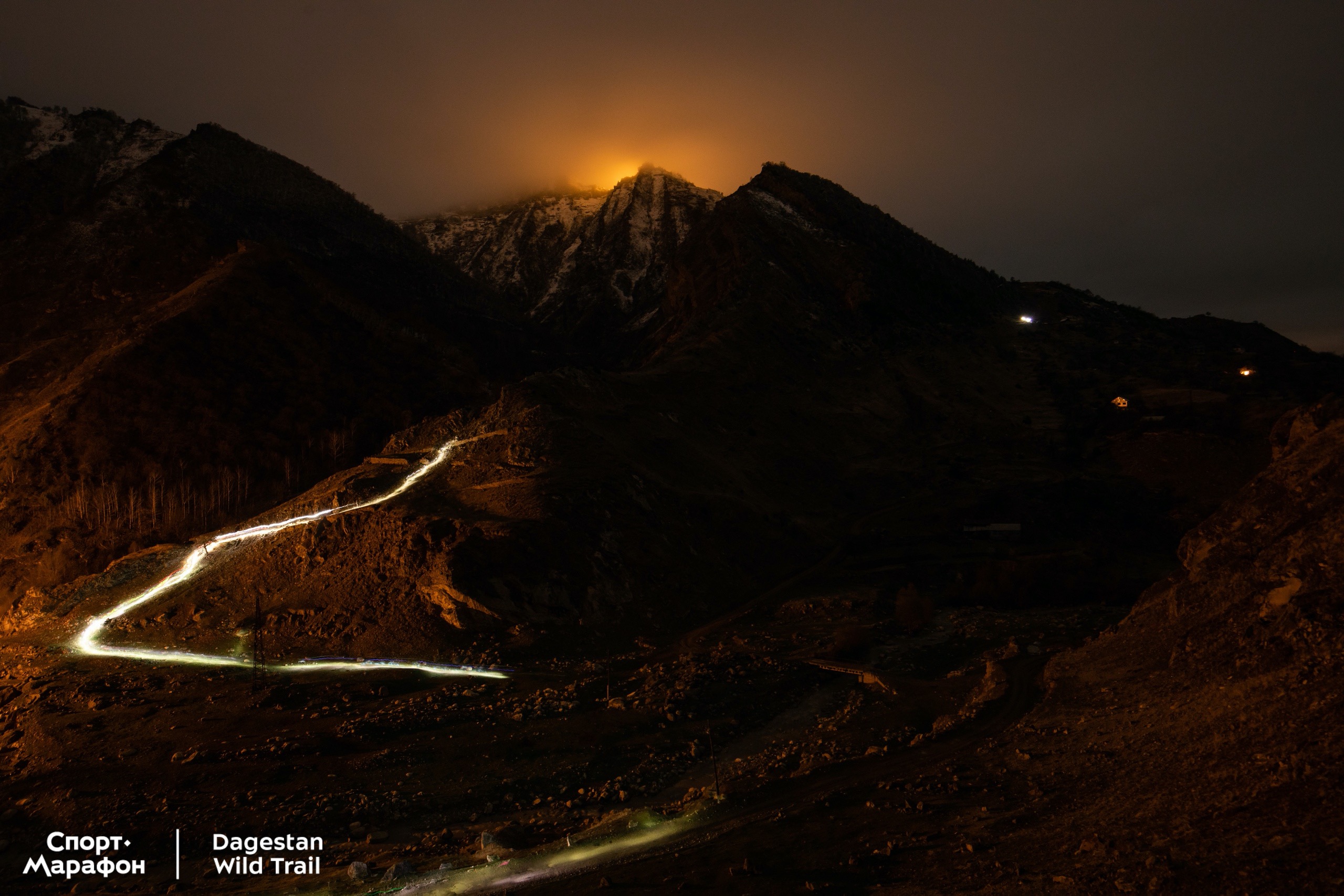
But why do one audacious venture if you can do two? Enter the Abkhazia Wild Mountain Race. It was penciled into the calendar one week before the Salomon Wild Trail in Krasnaya Polyana, near Sochi. Abkhazia is an area in the South Caucasus, self-declared sovereign, but still recognized by most countries as a part of Georgia. It is a stone's throw away from Sochi's Krasnaya Polyana resort—very convenient indeed, what could possibly go wrong? Well, if there is a border, some things might not get through, which is exactly what happened to most of the gear. If you operate in a semi-recognized state, you cannot simply order water, fruit, vegetables and other food as you would expect to do elsewhere—you have to enter a web of local relationships and negotiate a personal agreement with every small business owner. The race itself went well enough, but when reminded, Zhilin shudders and says "never again" to races in other countries… right before mentioning places like the Fann Mountains in Tajikistan, his eyes gleaming maniacally.
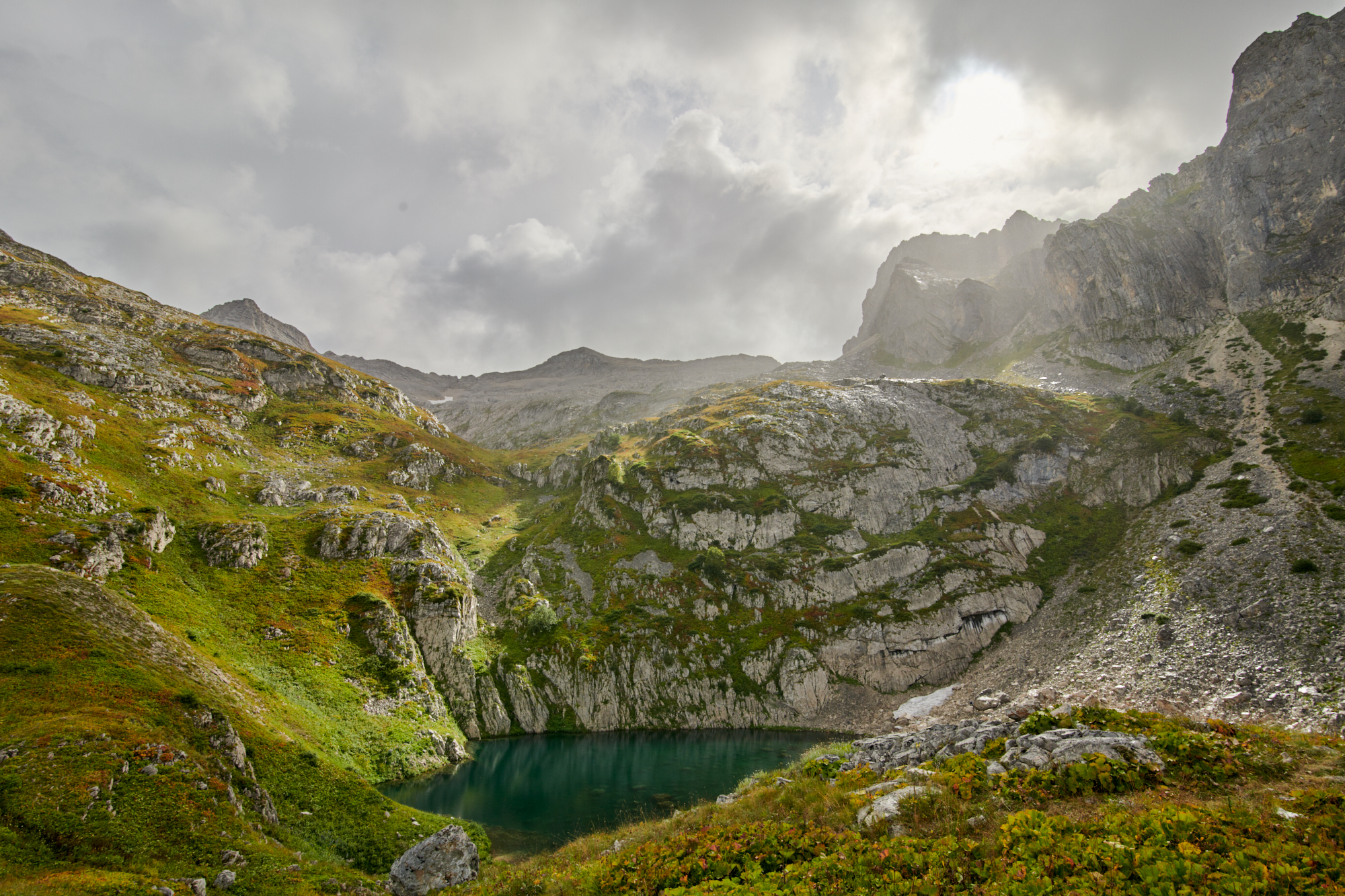
How does an organization like the Wild Family function? A low margin (whatever is earned is reinvested at once), ever-growing startup makes an intriguing case, so I question Zhilin on everything. The structure of the Wild Family is as complex as the work they do.
The Course Team, led by Kristina Potapova, explores and confirms the route, puts up the markings and takes them down afterwards. Their work begins like this: you get A, and you get B (that is "the master track"), and then you must work out the route. "We once spent half a day looking for a mountain pass here", Maria Nazarova told me, while we were standing together on top of a hill in Dagestan. Maria's expression was serene when she was sharing that information, but I imagined how to look for the one entrance, suggested by the locals, but absent from the maps, again and again.
"Planning a route is a creative process of communicating with maps and satellite images", says Zhilin. Sounds fun, right? He has a picture of his arms and legs with multiple cuts from vicious thorns in Abkhazia from that one time when he decided to "take a shortcut". It took 3 hours to descend 500 meters. Sometimes he would fall and hang upside down, the triffids' thorns digging into his flesh.
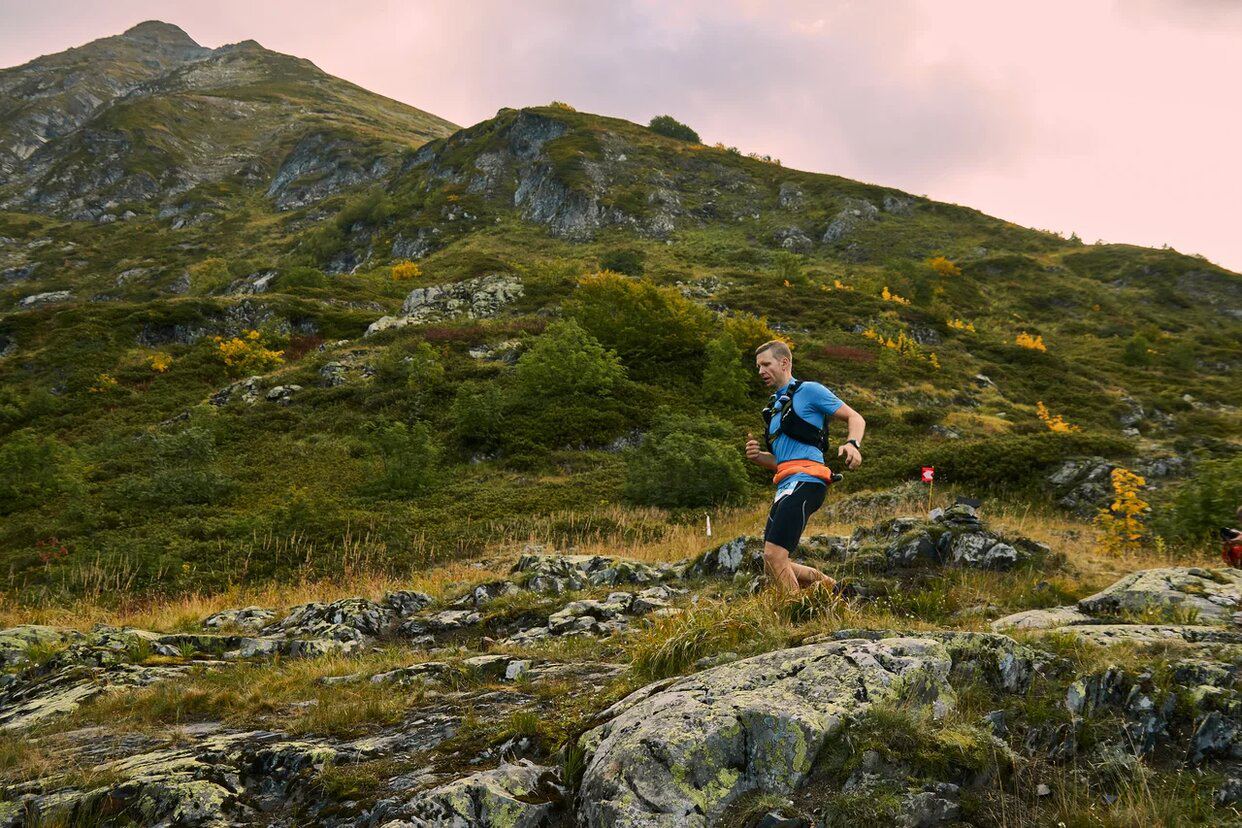
The Course Team used to simultaneously act as the Evacuation Team ad hoc, but from 2021, they will be reorganized into a separate unit with a designated course safety officer. The Wild Family is growing both in participants and race organization complexity. There is an impending statistical certainty: the larger the race, the more you need a separate evacuation unit. Do a race for 300 people, and nothing will happen. For 1000, and you get 5 injured runners with 2 serious cases. 5000 gives you 50 participants who DNF due to a number of reasons of varying gravity, and at least 2 people who will need urgent medical assistance.
the empire only survives if it constantly expands
On a less solemn note, the scale affects logistics. For a small race in Moscow, you need two people, who will pop into a grocery store on their way to the location to buy snacks and water. 1000 people? It is going to be a call to a vegetable wholesale house. Your order will arrive in a row of vans. Four people will take ten minutes to unload it. 3000 people? A 20-ton truck will come, carrying water alone, and then six porters will load it into five vans... As a team, you learn to deal with different problems, but then the scale changes, and you have to learn all over again. You can find solace in the fact that each time you advance, you learn faster.
There are the Check-Point Team, replete with online orders and Excel virtuosos, and a Volunteers Team who help set everything up, and then feed and greet trailrunners. As a runner, I had always taken for granted competent hands, encouraging comments, and a cheery face in the freezing cold. But Zhilin explains the inner workings. Of course, you train volunteers, but they do not bear responsibility for the end result—you do. The head of the Volunteers Team nourishes and cherishes volunteers, ever fighting for their comfort. There is a complex system which transfers norms and rules to new people and creates the world, in which runners feel welcomed at every stop.
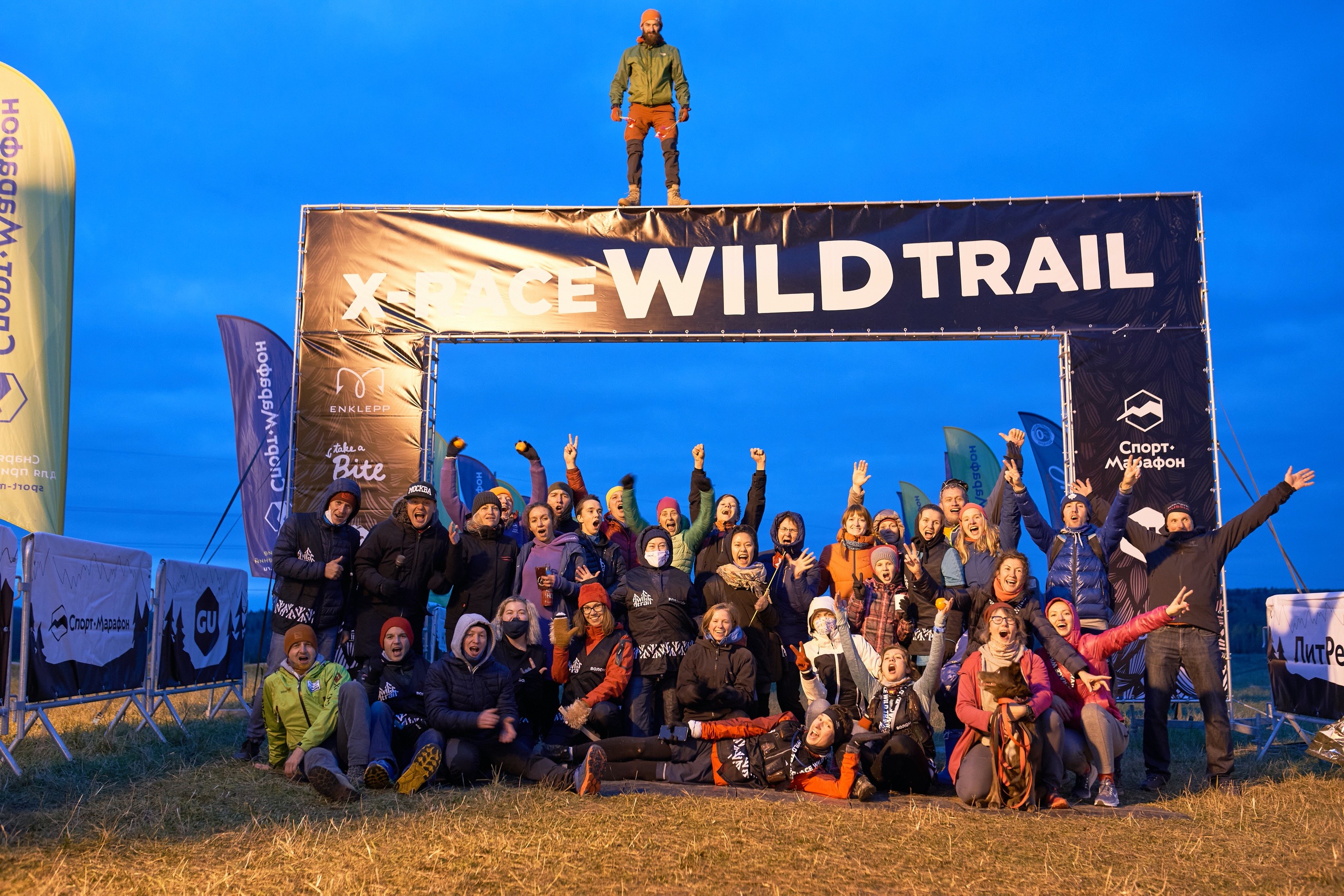
The race organization process constantly threatens to get the better of the Wild Family. What about 18 hours by car to visit all check-points? What if you have to rent horses to deliver your water, fruits, and cookies? What about delivering goods by ship? Endless negotiations? Bears? Broken tents? There are shortcomings, and the Family makes obsessive notes of them post-race (usually there are hundreds of bullet-points), only to run into the new and unexpected ones the next time. "There are a million ways a race could go wrong", comments Zhilin, "And only one way it could go right".
But, the Technical Team organizes the expo, and the Transfer Team travel. The manager orders whatever is necessary. The Registration Team makes sure everybody gets their wishes (apart from that one situation when the leader of the team did not allow a participant in the latest stages of pregnancy to run a race in 33°C (91.4°F). Andybary, a small marketing agency prepares newsletters and runs social nets. An artist ultramarathoner creates medals and merchandise. After a couple of seemingly endless negotiation periods, there is a government relations person now, too. In the end, it all works.
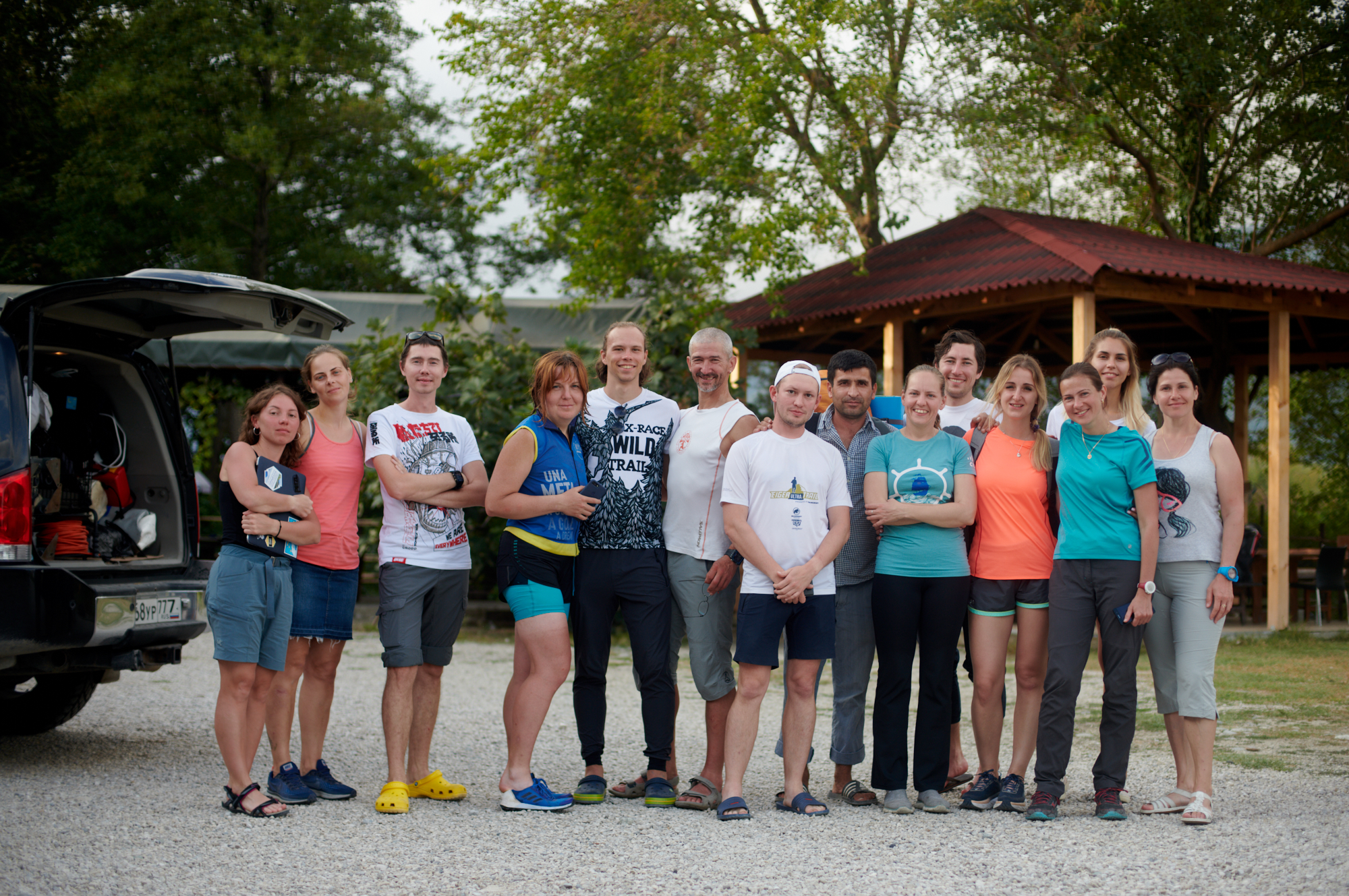
"Redundancy is important", says Zhilin. "It makes the difference between a good and a bad race". Some things always go wrong. The question is what you do in such cases. A couple of people have to always be walking around idly, so they could solve problems that appear unexpectedly. Another tip is compartmentalizing: divide the organization of an event into small autonomous spheres. For example, if something happens to the food, it should not affect the Course Team.
The Wild Family, like any other race organizer, had a tough year in 2020. And yet, they managed to hold four races. In the week before the Hoka Wild Trail in Sochi, every day began with a problem for Zhilin. By 2pm the problem would be solved: an agreement achieved, a document signed, a misunderstanding cleared up. He would go to sleep only to wake to a new issue. The race happened, partially filling the "ultra-emptiness" of 2020 and even got an "Afanas approved" imprimatur from Mikhail Afanasenkov, a Russian ultrarunner known for his picky and statistics-laden race reports.
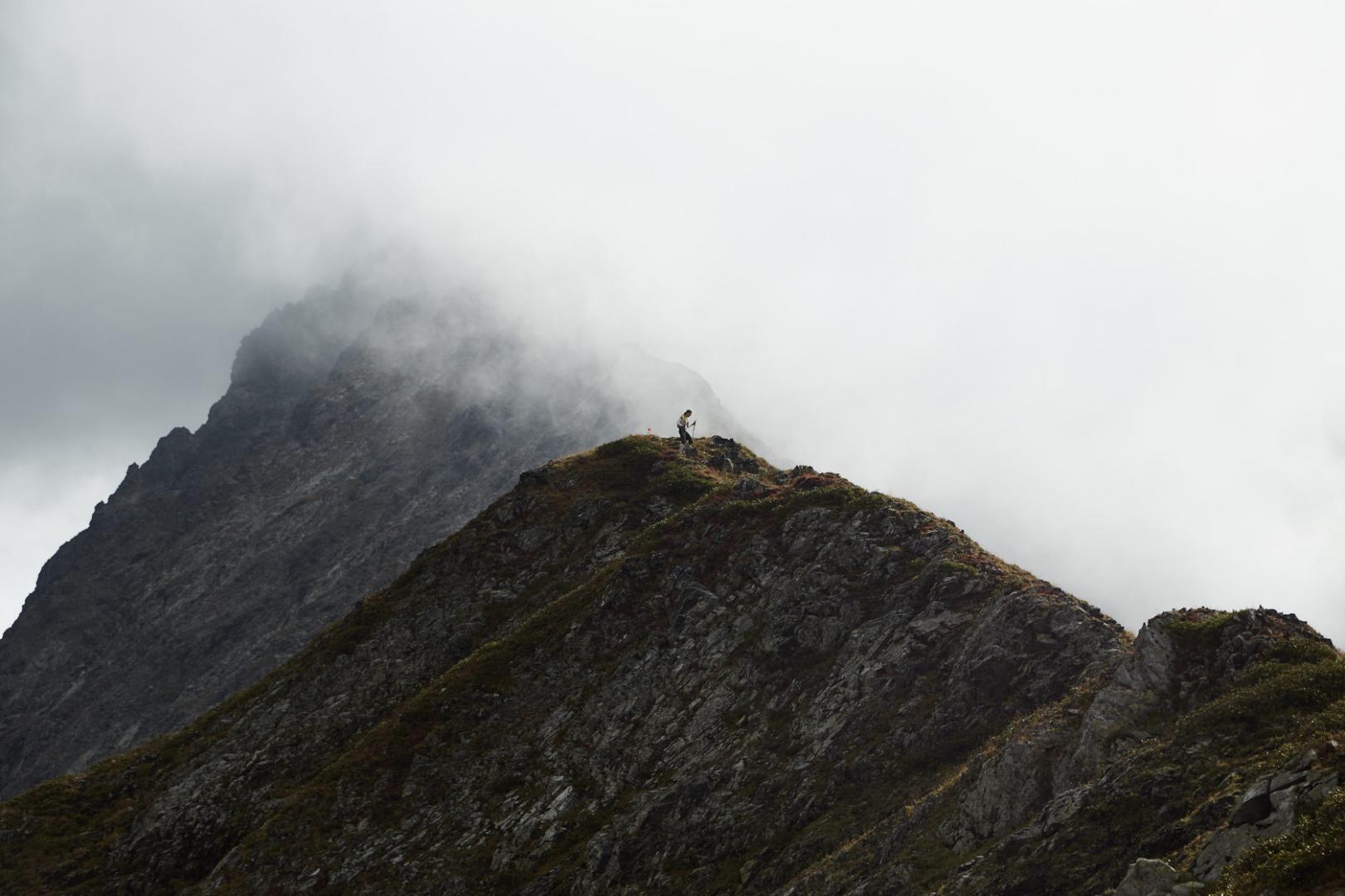
2021 will see one another Hoka Wild Trail with a multi-stage race thrown in (finally!), classic X-Race and Nikola-Lenivets races, Dagestan Wild Trail, Sport-Marafon Fest, MMK (stands for Magnitogorsk Iron and Steel Works, a partner) Wild Trail in Ural, and, possibly, Baikal Wild Trail.
The Family already holds trail running camps, is looking into strengthening its brand with merchandise, a separate line of clothing in collaboration with Gri, a niche brand of outdoor wear. Finally, Wild Kitchen, a project with a special "wild" menu at a bar where trailrunners can meet, will open.
"So what is it that you really do?" "It is not about sport", says Zhilin, "it is about event tourism". He believes that a good trail race is a combination of a beautiful place a runner would not visit by themselves, and immaculate organization. The Wild Family heavily invests in check-point offerings, and they are planning to go deeper into creating memorable events. Zhilin is inspired by the US races, their ideas woven with storytelling: The Western States Endurance run, which was first raced on horseback, the Barkley Marathons, and the like. There should be legends, and places to dream about. He wants festivities—hence "the Sport-Marafon Fest", which unites running, biking, orienteering, and a show.
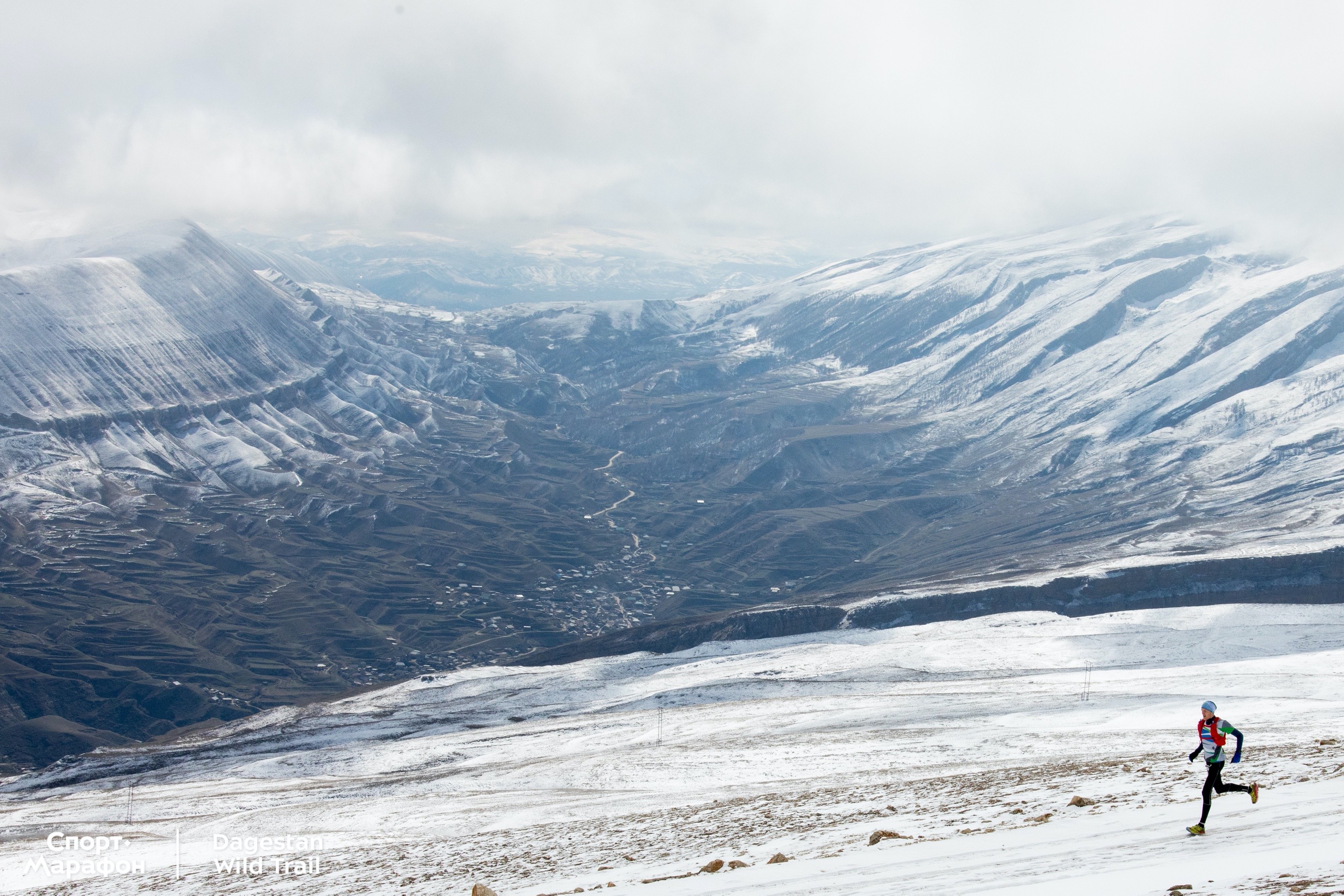
When I ask about new locations, our conversation deteriorates into image searching places like Mangistau in Kazakhstan, the Chara Sands near the Kodar and Udokan mountain ranges, Chukotka, and Ladoga Shkhery near Saint-Petersburg. With trail races, everything begins with a place. An organizer sees a photograph, feels the urge to set off for it immediately, and then the toing and froing begins: reconnaissance, master tracks, government relations, lobbying, marketing, the efforts of dozens of people coming together, and, finally, the race.
On the 6th of February, I arrived at Støy! Craft Bar for the Wild Kitchen's opening night. The room was full of trailrunners. If I hadn’t known this for a fact, though, I would not have guessed. Take any ordinary day, and we look like decent people, with only GPS sports watches giving away the fact that in our parallel life we run wild.
Check out the Wild Family’s races.
Follow the Wild Family:
Facebook: @xrace.wild.trail
Instagram: @xrace.wild.trail
Youtube: Wild Trail


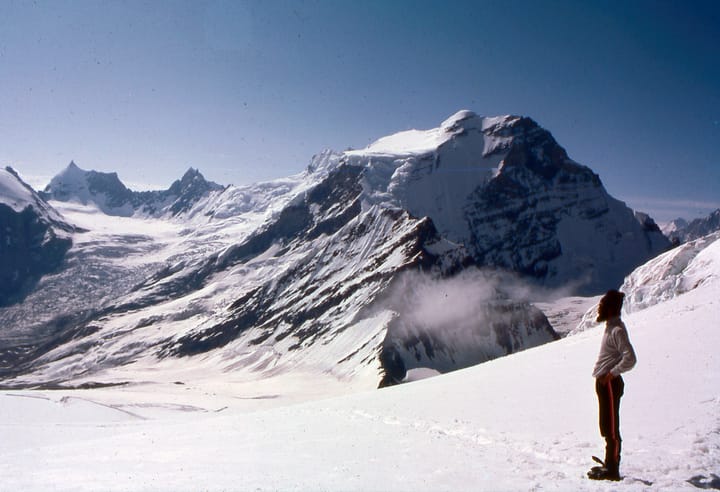
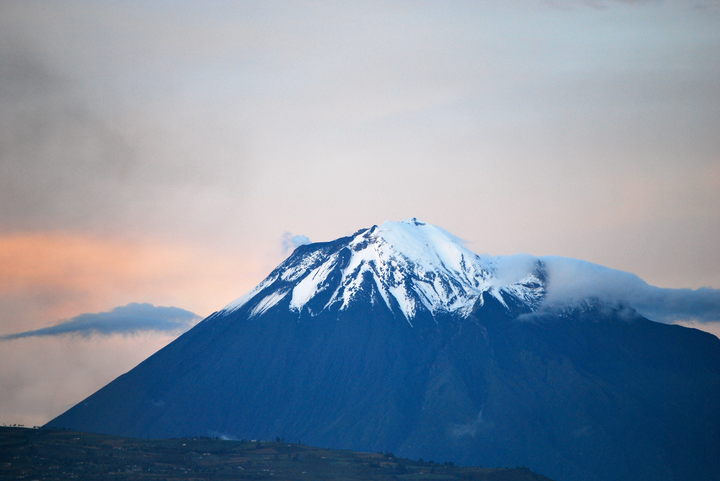
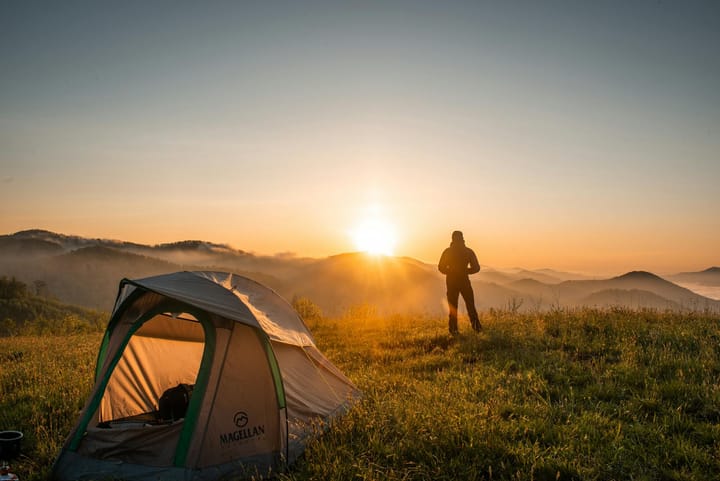
Comments ()